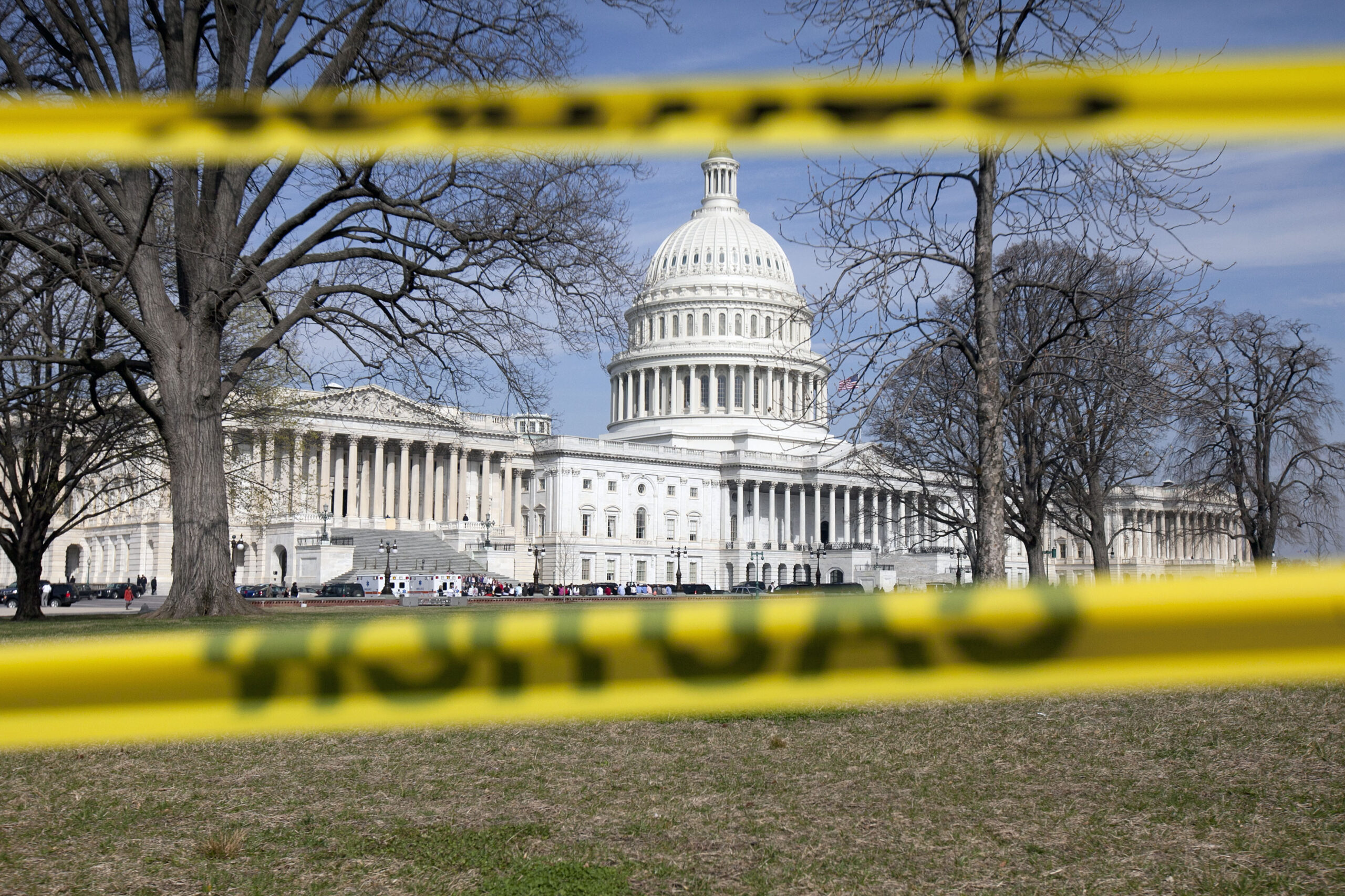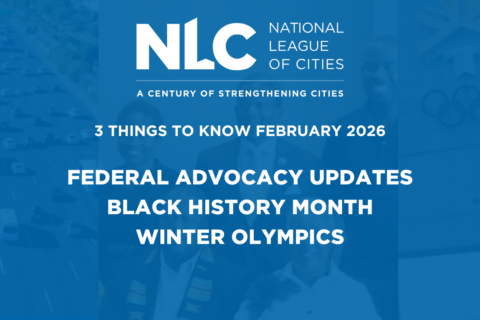As the 2025 federal government shutdown continues, local leaders are doing what they do best: delivering steadiness and clarity in uncertain times. Across the country, cities, towns and villages are keeping essential services running and communicating openly with their residents about what may come next.
Local Leadership in Action
Municipal elected officials are exhibiting the preparedness, communication and steady leadership they are known for as local governments remain hard at work providing their constituents the services they rely on each day. For example, Mayor Ken Welch of St. Petersburg, FL released a statement saying, “Key city services like public safety, garbage collection and permit review will continue uninterrupted,” and Mayor Sheldon Neeley of Flint, MI, recently held a press conference to reaffirm the city’s commitment to protecting its residents, saying, “We are working closely with state and federal partners to ensure families have the information, resources and support they need.”
Some municipalities remain largely unaffected for now, and NLC acknowledges their efforts to maintain stability and uplift their communities. For instance, Mayor Victor Trevino of Laredo, TX, recently joined Congressman Henry Cuellar, local organizations and community leaders for a roundtable discussion about the federal government shutdown and its impact on their city. The city’s leadership highlighted the power that a local-federal partnership can have when it’s focused on providing critical services for residents and businesses alike.
Ripple Effects on the Horizon as Shutdown Continues
If the federal government shutdown continues into November, crucial programs for residents — such as the Supplemental Nutrition Assistance Program (SNAP), for which states receive funds from the federal government each month, and WIC, the special supplemental nutrition program for women, infants and children, which has not received any funding for FY26 — will run out of funds. Additional requirements for SNAP from the One, Big, Beautiful Bill Act will likewise reduce the number of residents who qualify for the program if states find local funds to continue. As residents lose access to these federal supports, they will inevitably turn to local partners for help. In Frederick, MD, the Department of Housing and Human Services is partnering with Fort Detrick Alliance and Platoon 22 to host Supporting Those Who Serve resource fairs to offer food and support to households experiencing missed paychecks. These efforts demonstrate how local governments step in to fill gaps when federal assistance is delayed.
How Cities Can Prepare
Regardless of whether a city’s budget feels immediate effects from the shutdown, municipal elected officials can be proactive. NLC Director of Federal Advocacy Irma Esparza Diggs advises local leaders to start by asking three critical questions:
- How much federal funding supports your programs and projects, both directly and indirectly through the state?
- How many federal employees, including military personnel, live in your community, and could face paycheck disruptions?
- How many of your residents receive federal support for nutrition, housing, heating or other essential services that will be impacted by the lack of federal funding? Can your city and community partners support those residents?
By working to answer these questions, city leaders can identify priority budget areas, anticipate potential service gaps, and make informed operational decisions to support their residents.
Looking Ahead
Municipalities are leading through uncertainty, ensuring local communities remain resilient while navigating the ongoing shutdown. Register now for City Summit in Salt Lake City November 20-22, and join a network of more than 3,000 leaders passionate about supporting their communities.
Upcoming Webinar
To learn more about shutdown resources and best practices that NLC recommends, register now for the Oct. 30 shutdown member education webinar. NLC’s federal advocacy team will provide updates from Washington and outline ways city leaders can take action.








